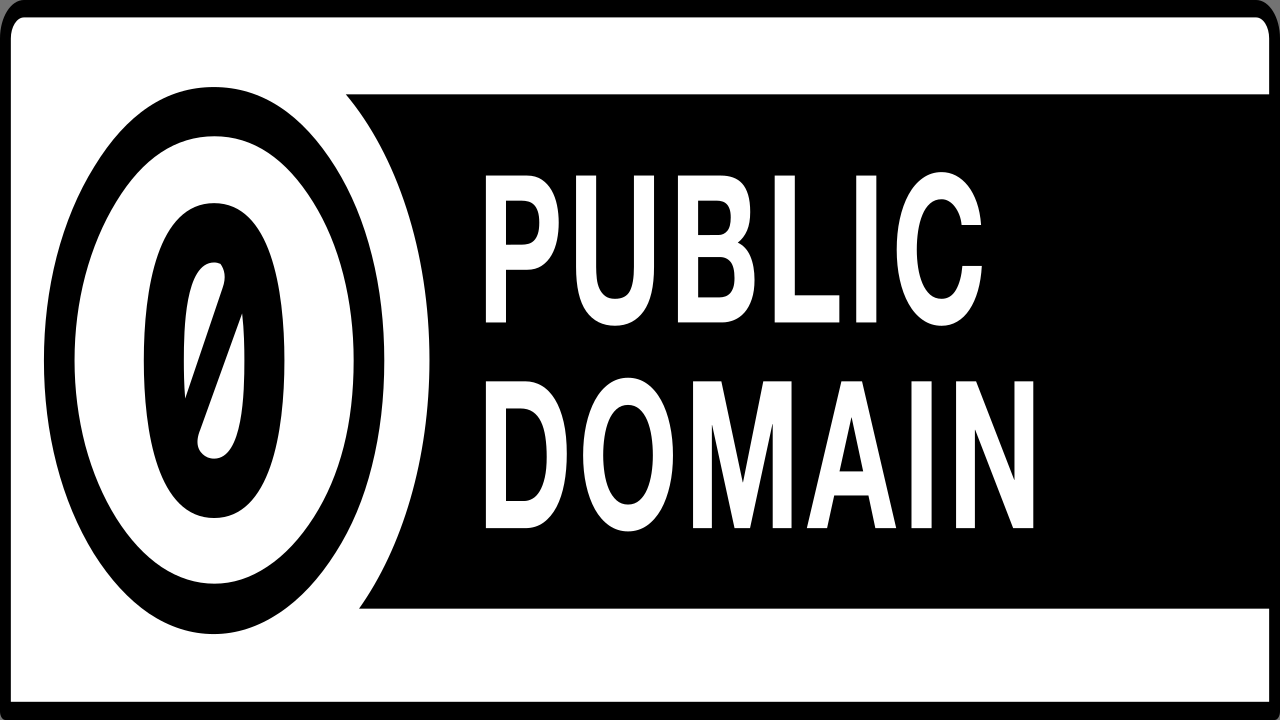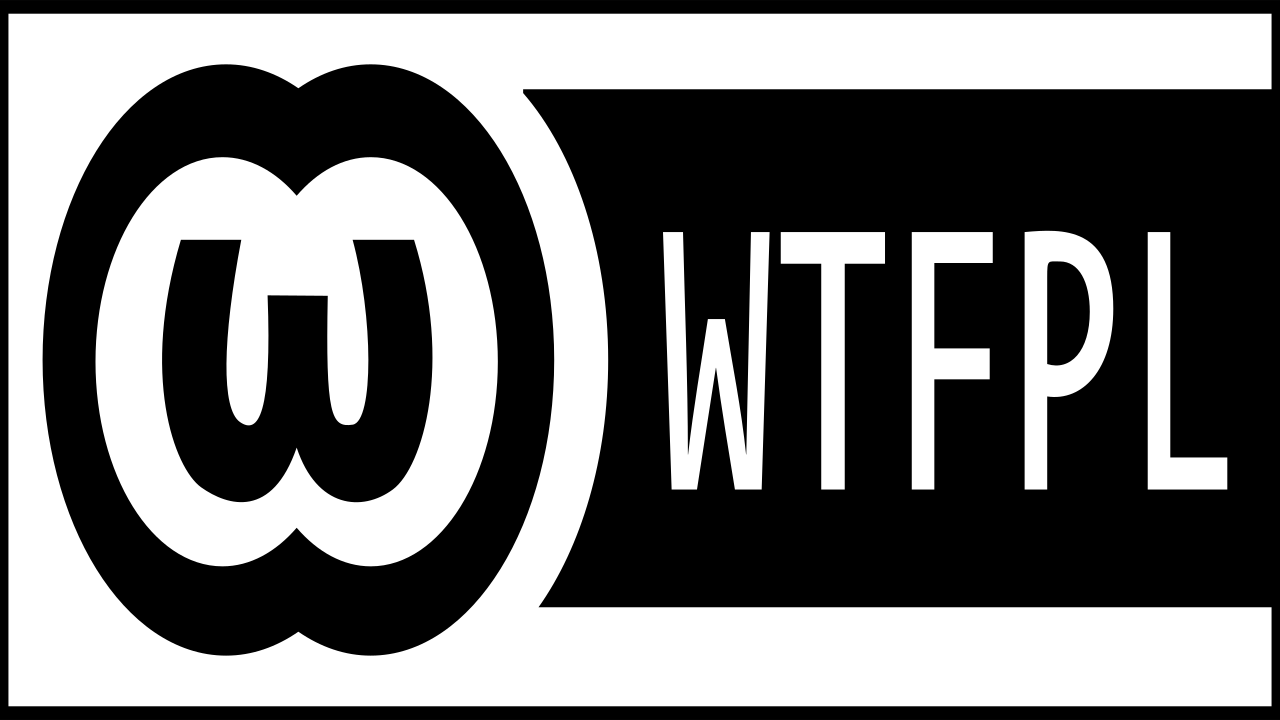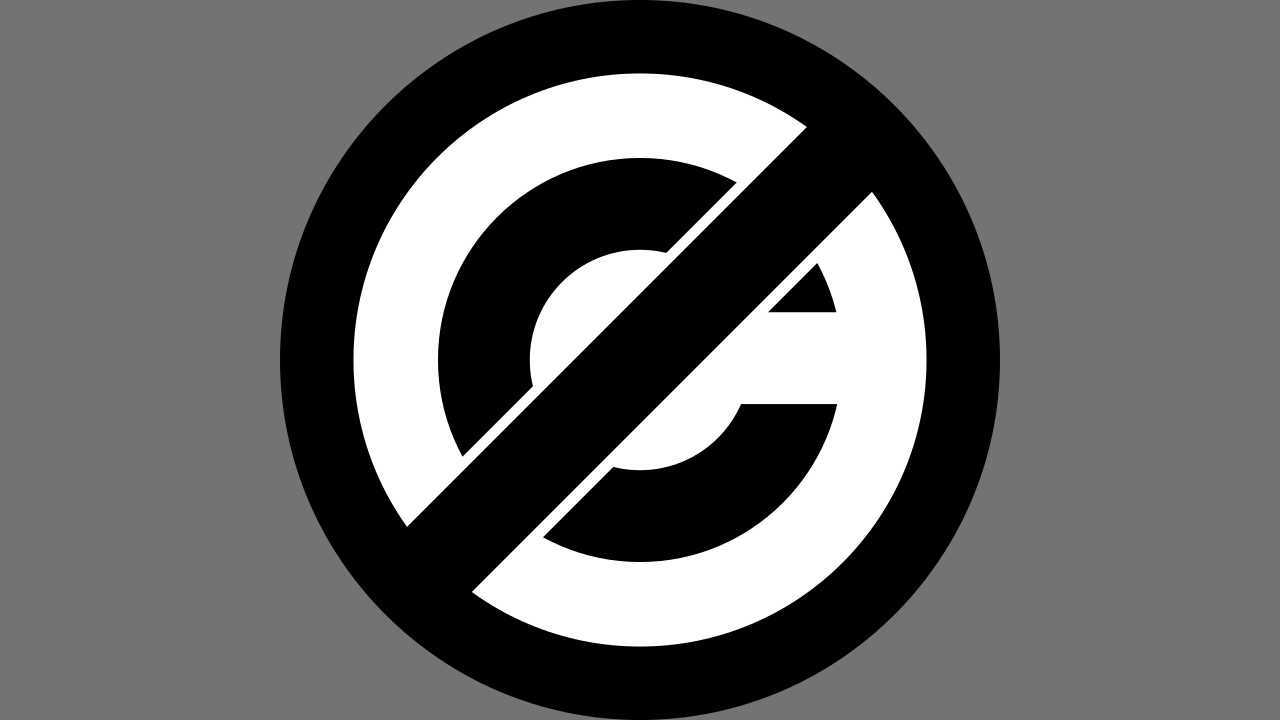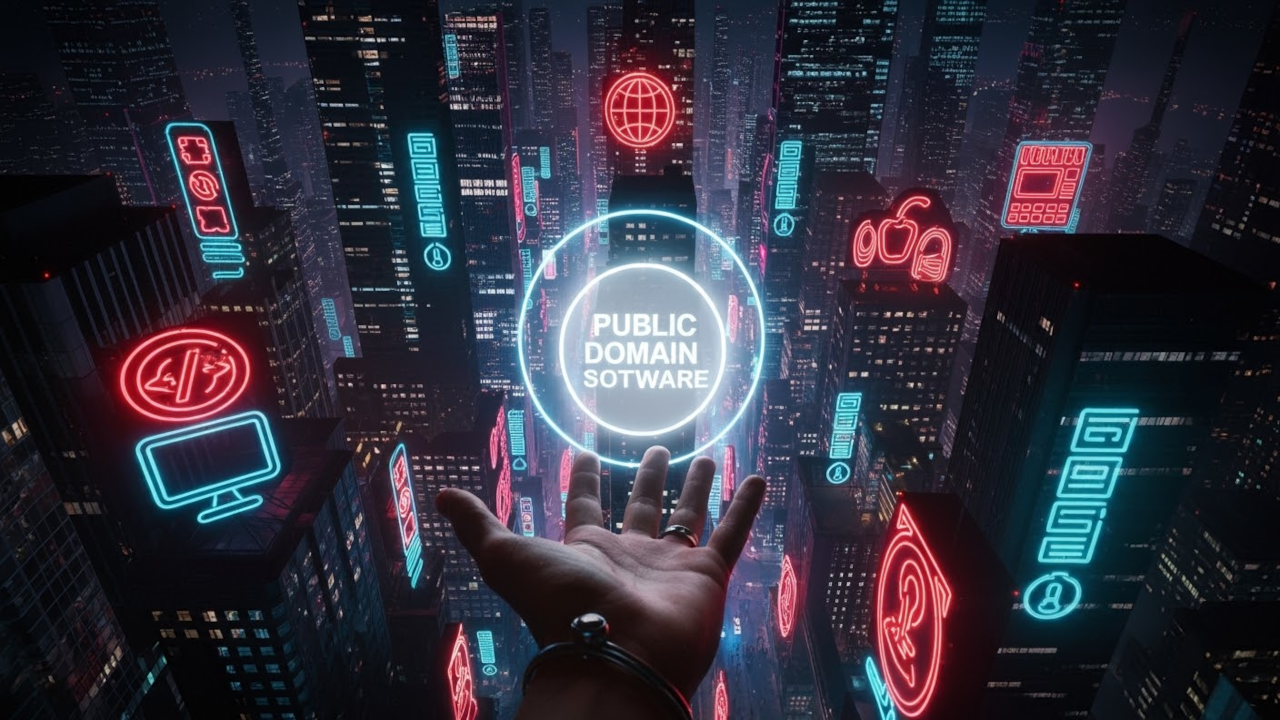Understanding Public Domain Software Licenses: Open Source and Beyond
If you’re diving into the world of open-source software, you may have come across the term Public Domain Software License. But what does it actually mean, and how does it relate to open-source projects? Let’s break it down in simple terms!
What is a Public Domain Software License?
A Public Domain Software License refers to software that is essentially free to use, modify, and distribute without any restrictions. Unlike most software licenses, which come with certain rules and obligations (such as attribution, sharing modifications, or restricting commercial use), public domain software does not impose any such requirements. It’s as if the software was “donated” to the public for unrestricted use.
Software placed in the public domain means anyone can take it, change it, or even re-release it as they see fit, without needing permission from the original creator.
Open Source Compatibility
Although public domain software is not technically considered open-source in the strictest sense (because it doesn’t require sharing improvements or modifications), it is open source compatible. This means that the code can still be used and modified within open-source projects, making it a flexible option for developers who want to integrate software into their projects without worrying about licensing conflicts.
For example, if you have a project that is under an open-source license like the MIT License or GPL, you could freely use public domain software in your project, modify it, and even redistribute it, without needing to worry about legal issues.
Public Domain Equivalent Licenses
In addition to the true public domain, there are several public domain-equivalent licenses that aim to give similar freedoms to software but also provide more structure or protection for creators. These licenses allow the creators to release their work with the intention that it be treated like public domain software, but with a bit more control. Some of the most common public domain-equivalent licenses include:
- CC0 (Creative Commons Zero): This license is the most common public domain-equivalent license. It allows authors to waive all their rights and place their work in the public domain. The CC0 license is widely used for various types of creative works, including software, and ensures that anyone can use, modify, and distribute the software without any restrictions.
This work is released under the Creative Commons Zero (CC0) 1.0 Universal (CC0 1.0) Public Domain Dedication. You may copy, modify, distribute, and perform the work, even for commercial purposes, all without asking permission. The work is dedicated to the public domain and is free to use without any conditions, unless required by law. For more information, please visit: https://creativecommons.org/publicdomain/zero/1.0/More details: Creative Commons CC0 License
- The Unlicense: A popular choice for software developers, the Unlicense places software in the public domain and provides a simple and clear declaration that anyone is free to use, modify, or distribute the code.
This is free and unencumbered software/public domain material released into the public domain. Anyone is free to copy, modify, distribute, or perform the work, even for commercial purposes, without asking for permission. This work is released to the public domain under the terms of the Unlicense. For more details, visit https://unlicense.org/.More details: The Unlicense
- Public Domain Dedication and License (PDDL): This is a public domain-equivalent license specifically designed for databases. It allows the creator to dedicate their work to the public domain, ensuring that anyone can use, modify, and distribute the data without restrictions.
This work is dedicated to the public domain under the terms of the Public Domain Dedication and License (PDDL). You are free to: Copy, modify, distribute, and perform the work, even for commercial purposes. Use the work for any purpose, with no restrictions. By using this work, you agree that the work has been dedicated to the public domain and may be freely used without any conditions, except as required by law. For more information, see: https://pddl.org/More details: PDDL License
- MIT No Attribution (MIT-0): This is a variant of the MIT license that explicitly places software in the public domain. It’s a no-strings-attached version of the well-known MIT license, giving developers full freedom to use the code without requiring attribution.
The work is released under the MIT No Attribution (MIT-0) license. You may use, copy, modify, merge, publish, distribute, sublicense, and/or sell copies of the work, and to permit others to do so, without any conditions or restrictions. There is no requirement for attribution or inclusion of the license text. This work is provided "as-is," without warranty of any kind, express or implied, including but not limited to the warranties of merchantability, fitness for a particular purpose, or noninfringement. For more details, see: https://opensource.org/licenses/MITMore details: MIT No Attribution License
These public domain-equivalent licenses are often preferred when developers want the maximum freedom of public domain software but also need a bit of clarity or protection for the work they’ve created.
Example of Software Using the Public Domain License
One great example of software that uses a public domain license is the SQLite database engine. SQLite is a popular, lightweight relational database used by developers in everything from web applications to mobile apps. The core SQLite library is released into the public domain, making it a perfect example of how public domain software can be freely utilized and integrated without any restrictions.
Screenshots



Screencast
Why Choose Public Domain Software?
- Freedom: You can modify, distribute, and even sell the software without restrictions.
- No License Hassles: Since there’s no need to track or adhere to licensing terms, you don’t have to worry about compliance issues.
- Ideal for Developers: It’s perfect for creating open-source projects or internal tools with little legal overhead.
However, keep in mind that public domain software lacks the protections and contributions that might come with more restrictive licenses like the GPL or MIT license. Developers using public domain software should ensure they aren’t violating other parts of the law (such as patent laws).
Need Help with Software Setup?
If you’re a developer or business owner who needs one-on-one programming tutorials or help with custom installations, updates, or migrations, I’m available for personalized support! Whether you need help integrating public domain software or tackling more complex programming challenges, I’m here to guide you.
Check out my contact page for more details: One-on-One Programming Tutorials and Custom Support
Disclosure: Some of the links above are referral (affiliate) links. I may earn a commission if you purchase through them - at no extra cost to you.
